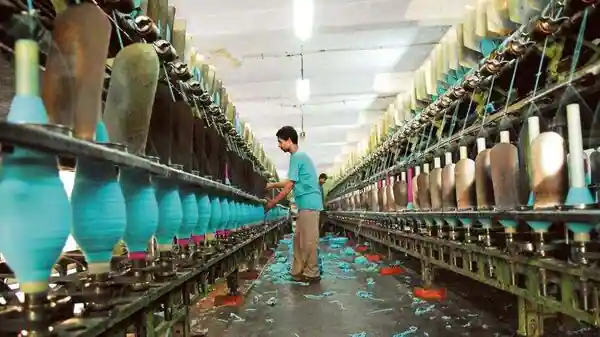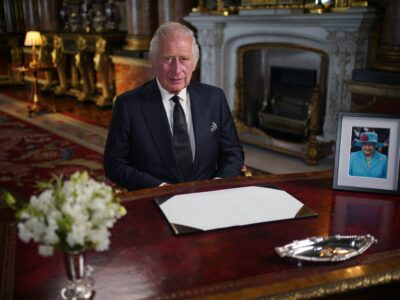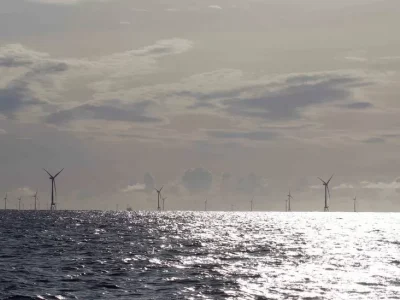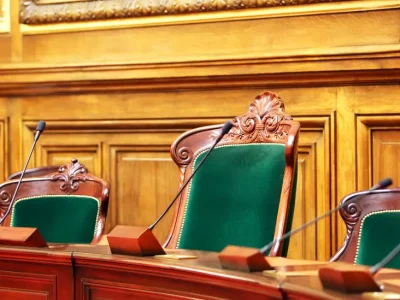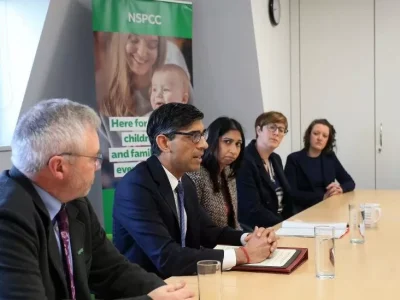NEW DELHI
- The fourteenth round of free trade agreement (FTA) negotiations between India and the UK will start in January 2024, the Ministry of Commerce and Industry said in an official statement on Monday.
- According to the government, India-UK free trade agreement talks completed 13 rounds of negotiations that took place from 18 September to 15 December.
- Negotiators of both the parties – India and the UK – discussed complex issues, including goods, services, and investment, in person as well as virtually. The in-person dialogues were held in London and Delhi.
- Further, the government has reiterated that the UK and India will continue to negotiate toward a comprehensive and ambitious FTA.
- India and the UK are committed to developing a comprehensive and mutually beneficial trade relationship, as demonstrated by the ongoing discussions. India and the United Kingdom’s bilateral trade grew from $17.5 billion in 2021–2022 to $20.36 billion in 2022–2023.
- The India-UK FTA has encountered multiple obstacles during the negotiation process, resulting in the ambitious agreement being delayed by more than a year from its original deadline.
- India’s demand for visas for professionals under the proposed free trade agreement (FTA) with the UK is among several sticky issues currently being negotiated by both countries.
- While India would like its companies to be able to hire people (both locally in the UK and from India) after setting up shop there, the UK is concerned with migration, an emotive issue in the country that led to Brexit in 2016.
- Mint had reported on Saturday quoting a person aware of the development that if Indian service companies are to operate in the UK under the provisions of the FTA, they should be able to hire manpower easily.
- “The visa regime should be such that it helps the companies and does not deter them. The UK side has argued that they don’t want to be in a spot where they are not able to address the migration issues,” the person had said as reported in Mint.
- Other issues being negotiated by both sides include duties on automobiles, alcohol (whiskey and gin), and electric vehicles (EV), on which India is yet to reach a conclusive position, the person added.
- On EVs, currently, the government’s PLI (production-linked incentive) scheme provides incentives up to 18% of eligible sales of electric vehicles and their components. The government notified the Faster Adoption and Manufacturing of Electric Vehicles in India Phase II (FAME India Phase II) scheme with a budgetary outlay of ₹10,000 crore for five years starting 1 April 2019 to promote hybrid/electric technology in transportation, reduce dependence on fossil fuels, and address issues of vehicular emissions.
![]()
Subscribe
Login
0 Comments
Oldest


